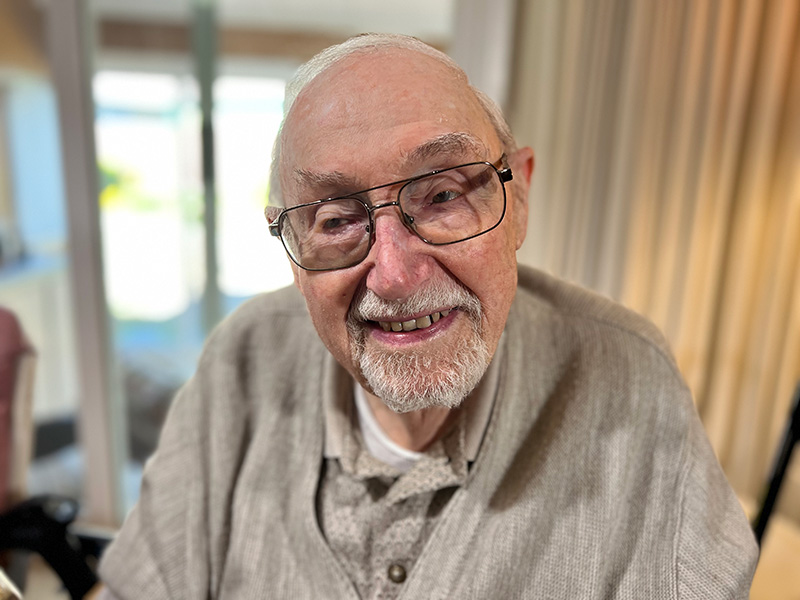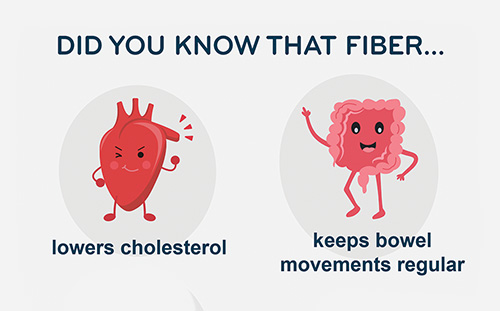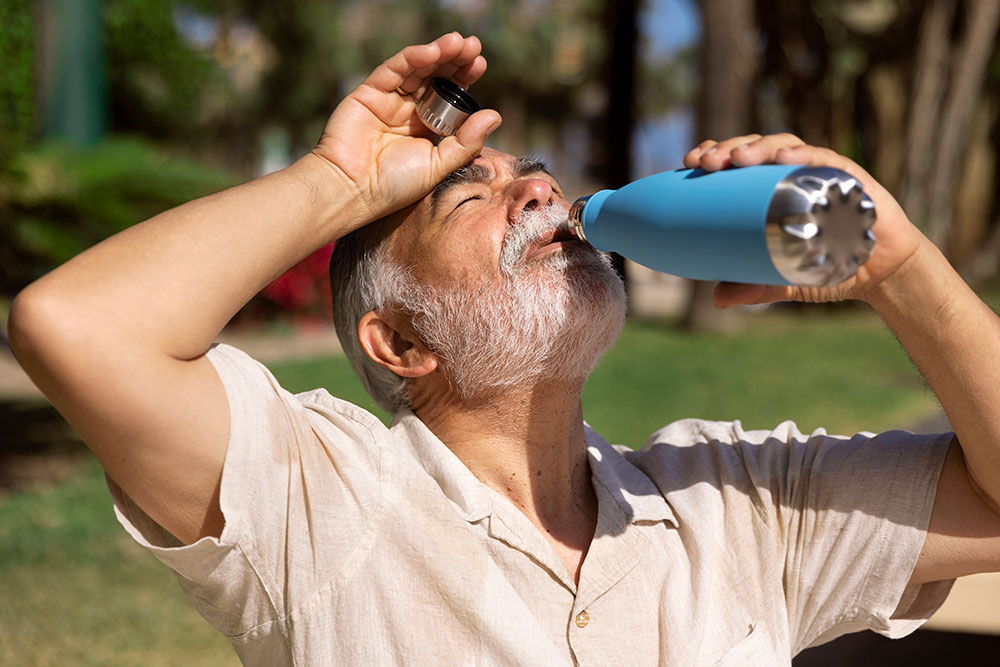Meals on Wheels CEO, Ashley McCumber, Joins Nonprofit Leaders to Discuss Food Insecurity in a COVID-19 World.
Representatives from the California Association of Food Banks, St. Anthony’s, Second Harvest Food Bank of Silicon Valley, and San Francisco-Marin Food Bank. along with Meals on Wheels, gathered around their laptops and mobile devices for a virtual ZOOM town hall meeting on April 27, 2020. The panel discussion was hosted and moderated by California State Senator Scott Wiener.
Senator Wiener set the stage for the discussion by stating that food insecurity in San Francisco and the Bay Area has always been a problem pre-COVID-19, but is now “dramatically worse” as many people are out of work, businesses are closed, and people are forced to ask for food assistance for the first times in their lives.
“We started this pandemic with one simple statement: If we can take care of our people then they’ll be able to take care of our clients,” said Ashley McCumber. “And that’s really been our mission every single day, to figure out if we are doing everything we can do within our operation to be as safe as possible.”
That philosophy has served the organization well allowing for increased capacity to help seniors in need.
Between March 6 and May 16, Meals on Wheels SF brought on 584 new clients – housebound and homebound seniors who cannot go out and get meals or food due to social and economic needs, health issues, fear of contracting the virus, or all of the above. This is nearly a 60 percent increase over the number of older adults that normally start the program. Additionally, Meals on Wheels is preparing 10,000 meals a day – an increase of about 2,000 meals just to meet demand.
Paul Ash, CEO of the SF-Marin Food Bank explained how is organization had to reset its food distribution model because seniors were sheltering in place and their normal distribution models, such as congregate meal sites, were shut down as part of the shelter in place orders. This meant they were serving less food during a time when they needed to provide more food. They quickly resolved that issue. Four weeks after the SIP, he reported the Food Bank was serving 19,000 additional households with food every week, and delivering through its partners, 10,000 bags of groceries weekly.
Nearly 2,000 people tuned in to the Food Insecurity Town Hall either through Facebook or Zoom and many submitted questions for the panelists.
One listener asked about Governor Newsom’s proposal to employ restaurants to deliver meals to housebound seniors. Ashley McCumber shared his thoughts about the program, commending the leaders for their intent to create a win-win situation for both seniors in need of meals and to get hospitality workers back to work.
“We are in conversations with the SF Department of Disability and Aging Services to see how the Great Plates Delivered program could roll out in San Francisco. I think our concerns as the Meals and Wheels network in California are that the program works seamlessly with what’s on the ground, and that we apply our experience of how you deliver food to seniors at home. At the end of the pandemic, we have to find an answer to the obvious question which is: where do the seniors go to get services once the FEMA money is gone?”
Details on how the Great Plates Delivered program would operate and who will be elibible for the program (both clients and providers) were still being ironed out at the time of this post. You can read more about Meals on Wheels California recommendations for the proposed program here.
There is much more to learn about operating a senior nutrition meal delivery program in what is being dubbed as the “new normal” that includes enhanced social distancing, enhanced precautions around preventing disease transmission, and ways to reduce the effects of increased social isolation throughout the senior community.



